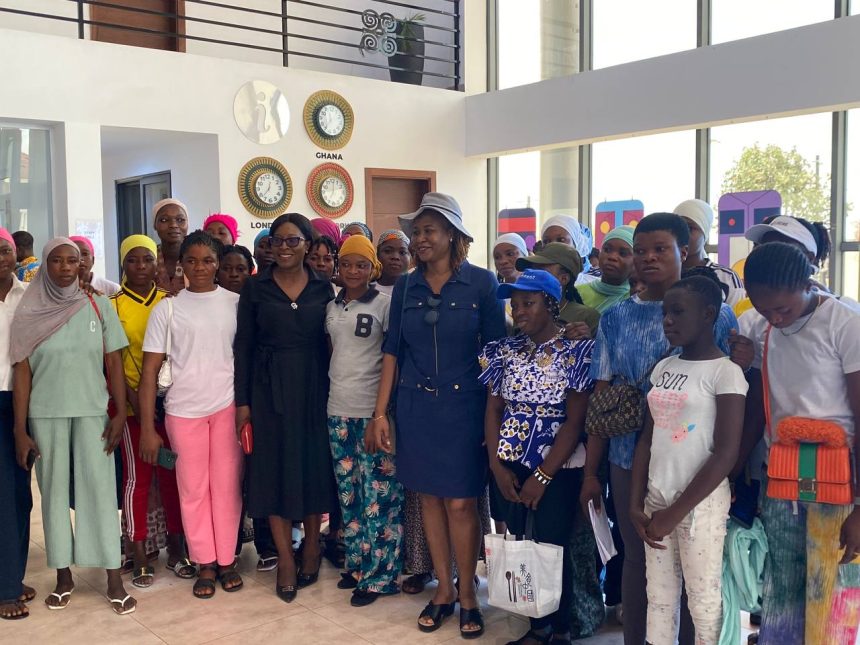A remarkable initiative in Ghana is transforming the lives of young girls, equipping them with essential skills and confidence to assume influential societal roles.
The United Nations Population Fund (UNFPA) Ghana through the Purim African Youth Development Platform (PAYDP) has developed the Chief Justice Mentorship Program in collaboration with the Chief Justice Office, which aims to empower young marginalized girls to aspire to become judges, lawyers, and leaders.
Since the program’s inception in 2007, many girls have benefitted from the guidance and mentorship of some prominent figures who have come on board.
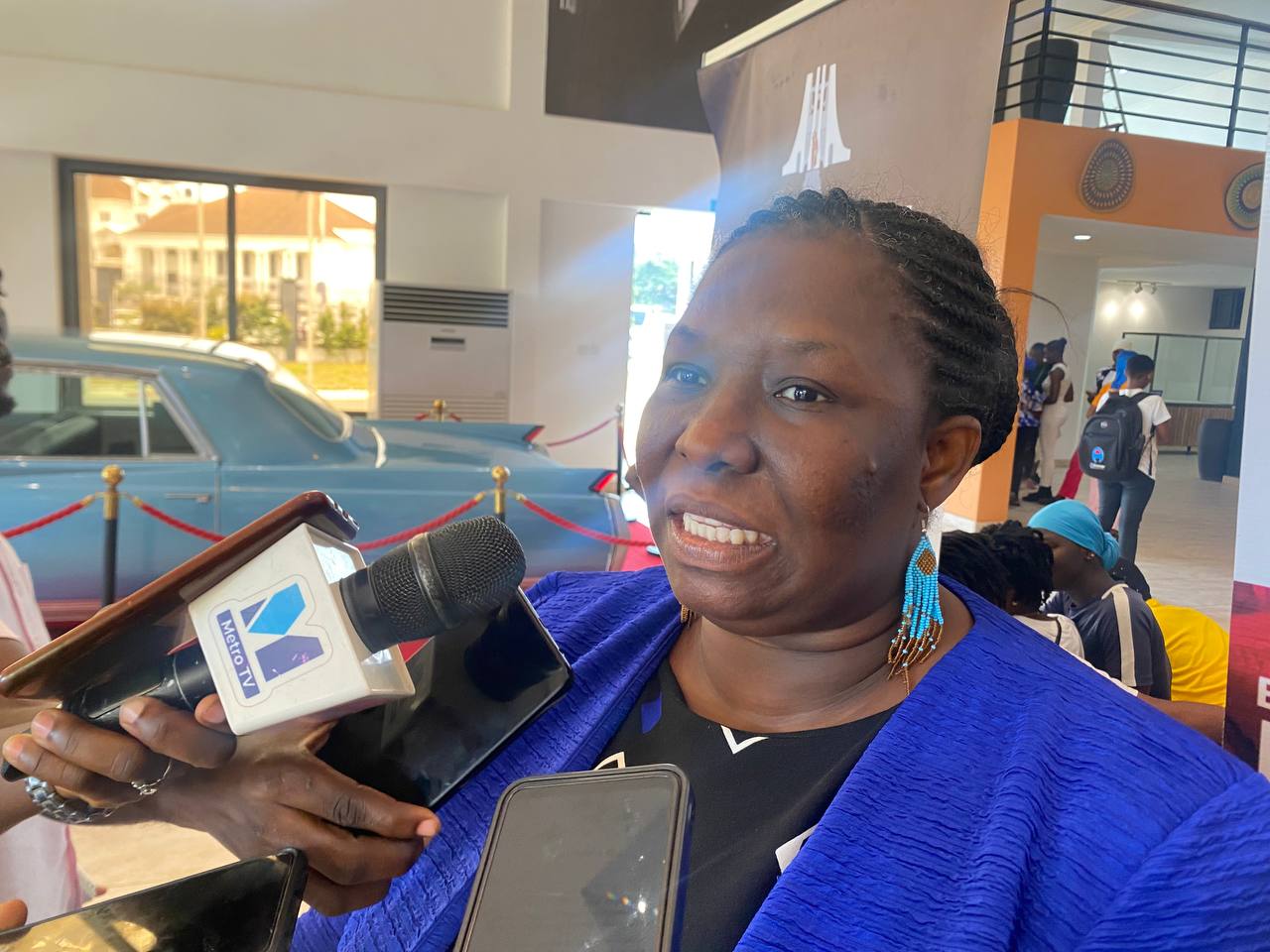
During a recent moot court session at Circuit Court 3 and a visit to the Kwame Nkrumah Mausoleum, the Executive Director of the Purim African Youth Development Platform, Rev. Aku Xornam Kevi, shared insights on the transformative Chief Justice Mentorship Program.
Established in 2007 in partnership with UNFPA Ghana, Rev. Aku Xornam Kevi said the program aims to empower young girls, particularly those in second-cycle institutions and female porters known as Kayayei.
Rev. Kevi highlighted the program’s dual focus: mentoring senior high school students to aspire to careers in law and justice, while also supporting Kayayei in their personal and professional development.
“The United Nations Population Fund, the Chief Justice Office, and the judicial service since 2007 began the Chief Justice Mentorship Program and the intention was to mentor second-cycle institutions, that is the senior high school students, to be able to empower them, help them to aspire to be judges, lawyers and all that. And then UNFPA in partnership added the Kayayei, which are female porters. And this has been a very inspirational and empowering part of the program since 2007,” she said.

She added this initiative is part of the Global Program to End Child Marriage and that the mentorship sessions provide invaluable interactions with judges, fostering personal growth and societal engagement among the girls.
To assess the effectiveness of these initiatives, Rev. Kevi said that PAYDP employs daily assessments, monitoring improvements, and collecting success stories from participants.
“So PAYDP is an implementing partner of the program. We give the girls leadership training and mentorship. We give them livelihood empowerment skills. We give them sexual reproductive health information and skills and we are with them throughout the year. This is part of the global program to end child marriage.
So every day, we assess them. We are looking at their improvement and it’s a daily assessment. If you talk to the girls, you realize how impactful these programs have been to their lives, ” she said.
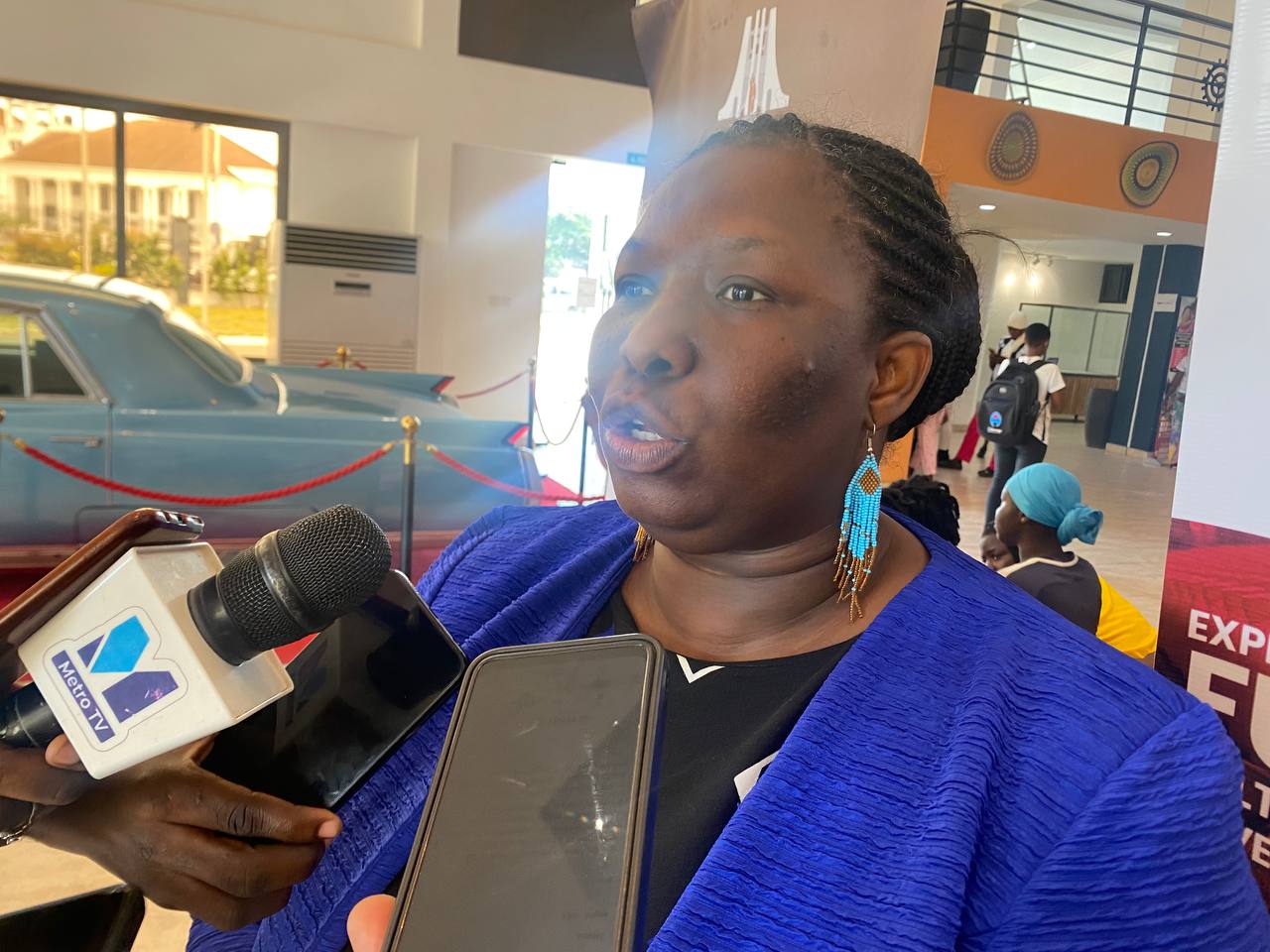
Rev. Kevi further highlighted that there are about 100 girls currently in the mentorship clubs located across Accra, Madina, Darkuman, and Osu and is open to any of the female porters willing to participate.
“This is not just a one-off program; we monitor and support them continuously,” Rev. Kevi explained.
She also pointed out that through partnerships with UNFPA, some participants receive financial support for education, while others gain vocational skills in traditionally male-dominated fields such as painting and tailoring.
Rev. Kevi announced an upcoming Kayayei Business and Leadership Fair in November in Bogotanga, where participants will showcase their products and skills.
“Some of them are given livelihood empowerment skills. Presently, we have some of the girls in male-dominated fields, some are painters, some are tailors, some are doing POP, and some have gone back to school. This year in November, we are going to have a Kayaye Business and Leadership Fair in Bogotanga, where all the girls across the country are coming to exhibit the products and the things that we have given them.”
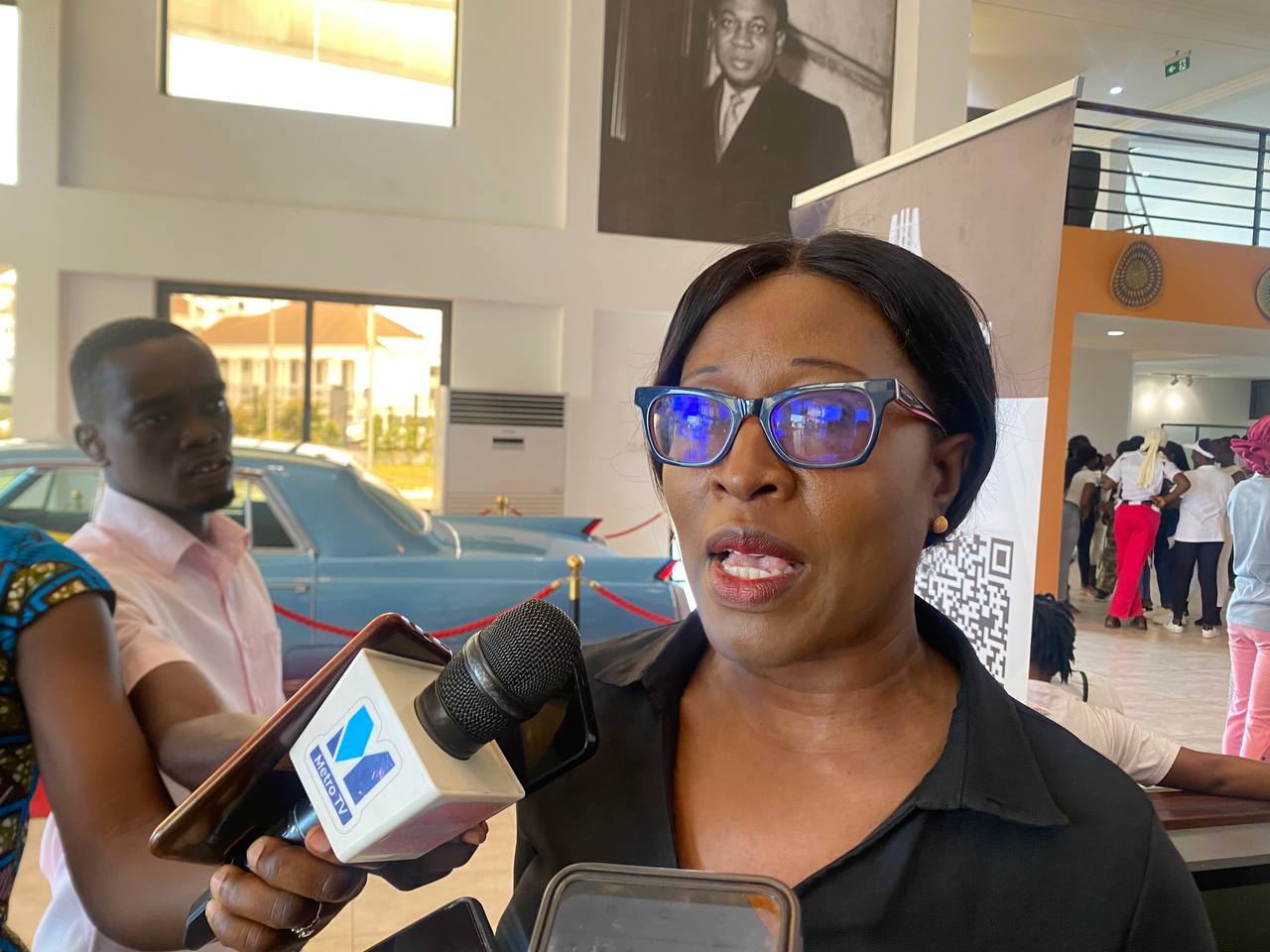
Speaking to UniversNews, Susana Eduful, a Circuit Court Judge who was present to interact with the female head porters at the court articulated the vision of the Chief Justice Mentorship Program.
“This program is more than just a mentorship scheme; it is a beacon of hope for many young women, guiding them towards influential roles in society,” she said.
“Our main aim is to mentor them to play key roles in society,” Judge Eduful stated, emphasizing the importance of instilling a sense of civic duty among the participants.
By introducing them to the constitution and discussing what it means to be a citizen of Ghana, the program seeks to build a strong foundation of knowledge and responsibility.
“For instance, at a recent past meeting, we took them through who a citizen of Ghana is,” she explained, highlighting the program’s commitment to education and empowerment.
She added that the program not only aims to uplift these girls but also equips them with essential skills and confidence to thrive in their future endeavors.
“Some of them are able to go through the tertiary from this kind of training. We are always here to put confidence in them, to tell them they can do it as women,” she added, reinforcing the message that empowerment begins with belief in oneself.
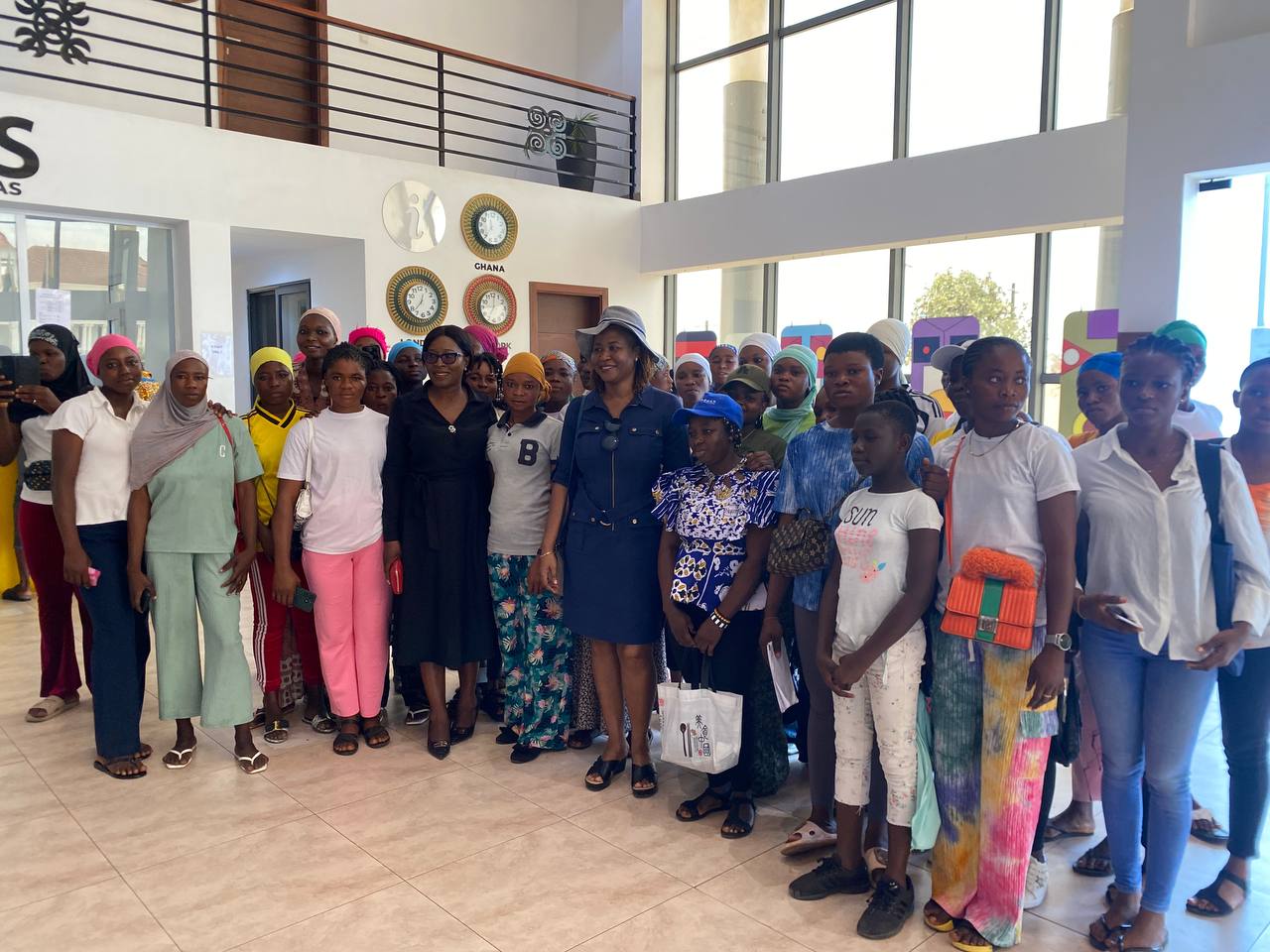
Justice Abena Oppong, a High Court Justice, who also spoke to UniversNews, shared the program’s history, highlighting how it has evolved to include a club that provides ongoing support and mentorship.
She added that this initiative not only provided insight into the judicial system but also aimed to ignite the passion for justice and leadership among young women.
“What you see today is the Justice Club. The Justice Club is an initiative of the current Chief Justice but the whole idea started with the former Chief Justice, Theodora Woode. Every year, students from second-cycle institutions come to the courts to visit and interact with judges. When the current Chief Justice took over, she thought it wise to extend it to form a club and that is why we have formed the Justice Club,” she said.
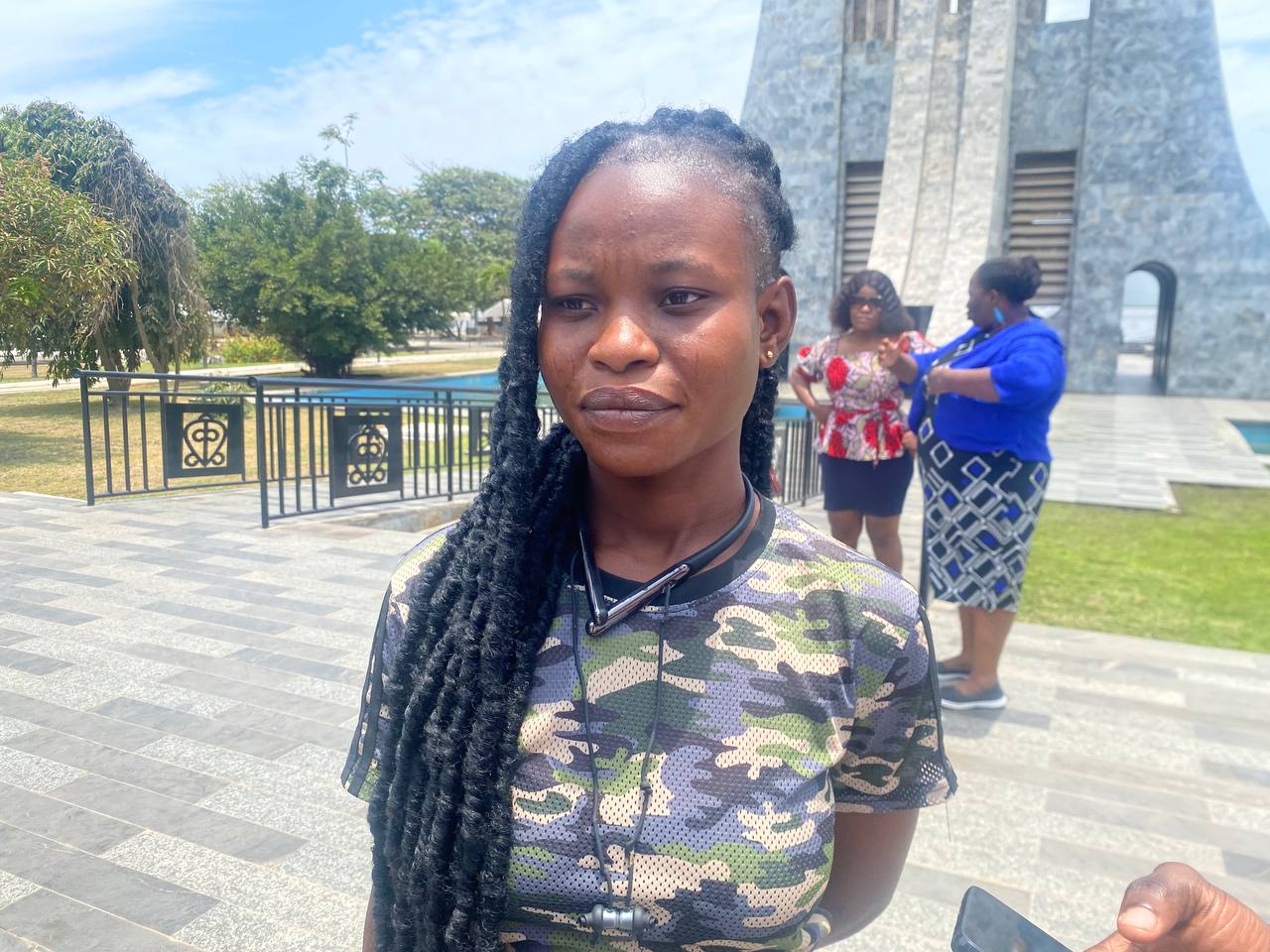
Finally, Jenifer Mumuni, a 22-year-old and President of the Justice Club, shared with UniversNews, her inspiring journey from being a head porter at the market to becoming a confident leader.
Her transformation began when she met PAYDP, who introduced her to the Chief Justice Mentorship Program.
“I was once a head porter at the Market… carrying my load when I met PAYDP who came to support us,” Jenifer recounted.
This encounter led her to participate in a mentorship program with Justice Theodora Woode, which sparked a newfound motivation to pursue education.
“I went back to register for SHS and I’m now a graduate from SHS. And I also bought a form to enter the Ghana Institute of Journalism.”
The Chief Justice Mentorship Program has been instrumental in empowering young girls like Jenifer, equipping them with essential skills and confidence to assume influential roles in society.
“Being in PAYDP is a very great opportunity for me,” Jenifer emphasizes. “On the platform, we learn a lot about our rights. They also motivate us and send us to places where we can be motivated, where we shouldn’t look down upon ourselves.”
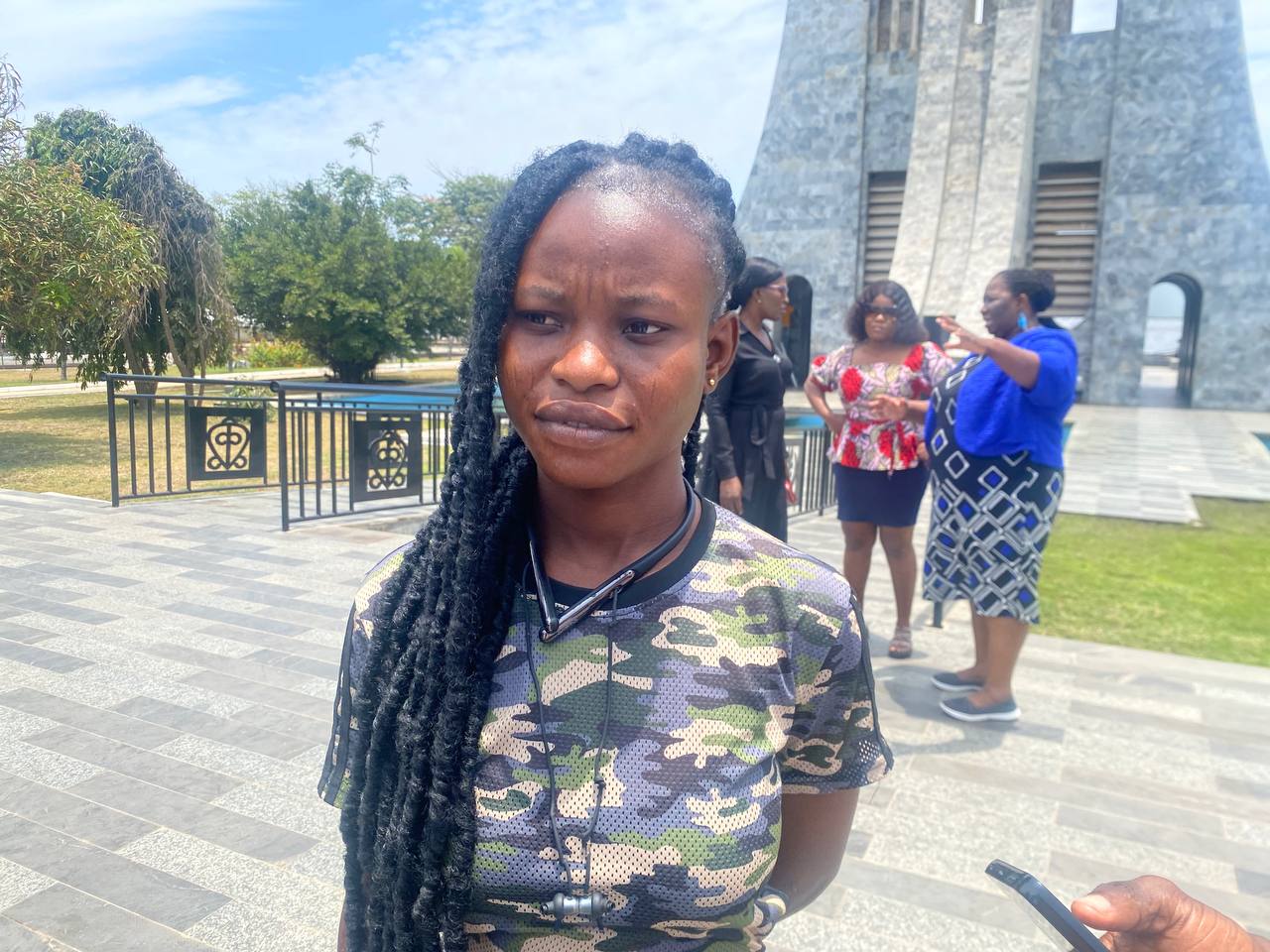
Jenifer’s experience has inspired her to encourage others to join the program.
“I also encourage my colleagues to join the club because it’s very important,” she said.
Her story serves as a testament to the program’s impact, demonstrating how mentorship and support can transform lives.
As the Chief Justice Mentorship Program continues its impactful journey, it stands as a testament to the power of mentorship and community support in shaping the leaders of tomorrow.
With each session and every visit, these young girls are not just learning about their rights and responsibilities; they are being equipped with the tools to change their lives and, ultimately, their society.
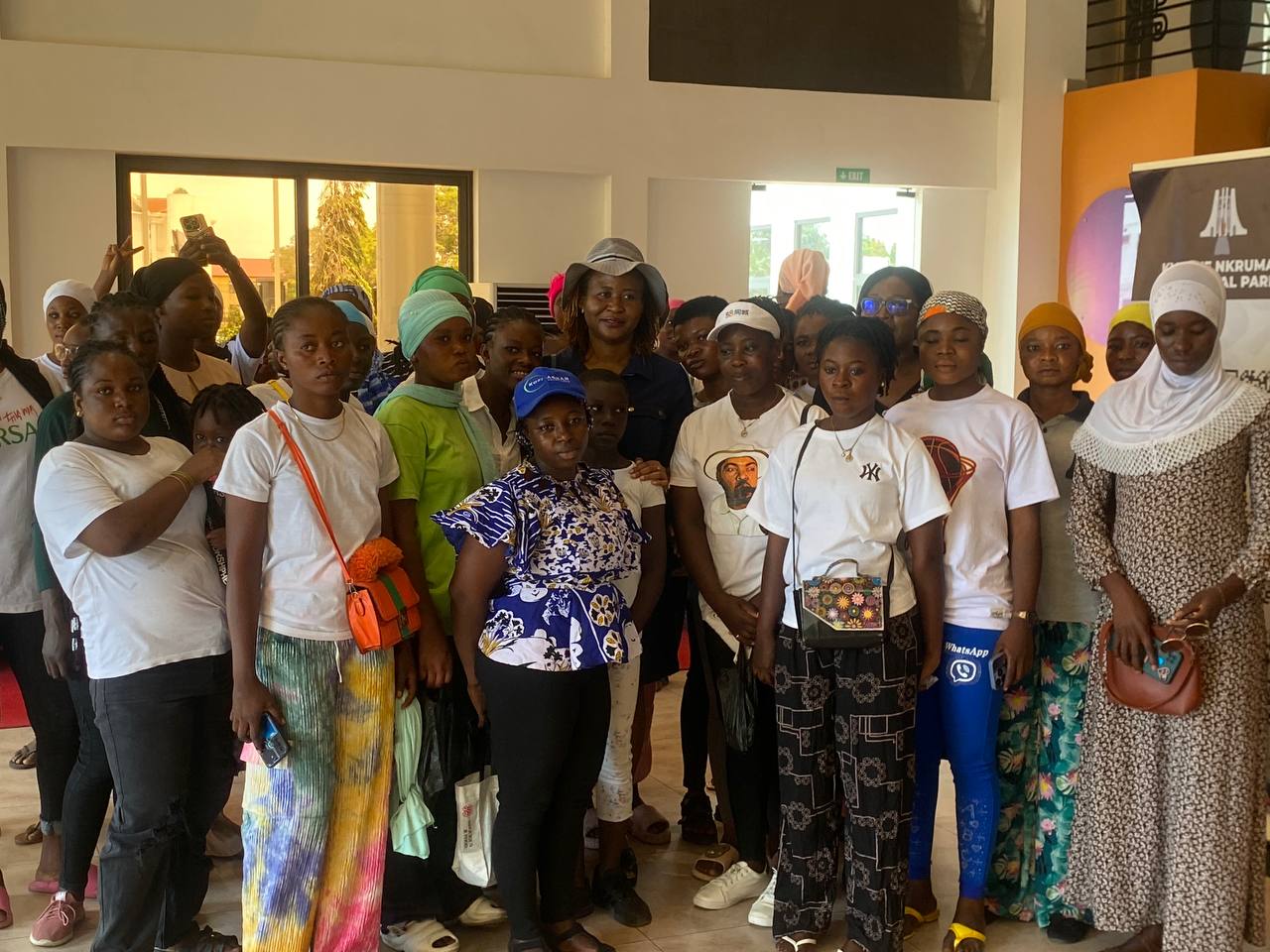
–
Story by: Kelly Adjetey Boye | univers.ug.edu.gh

